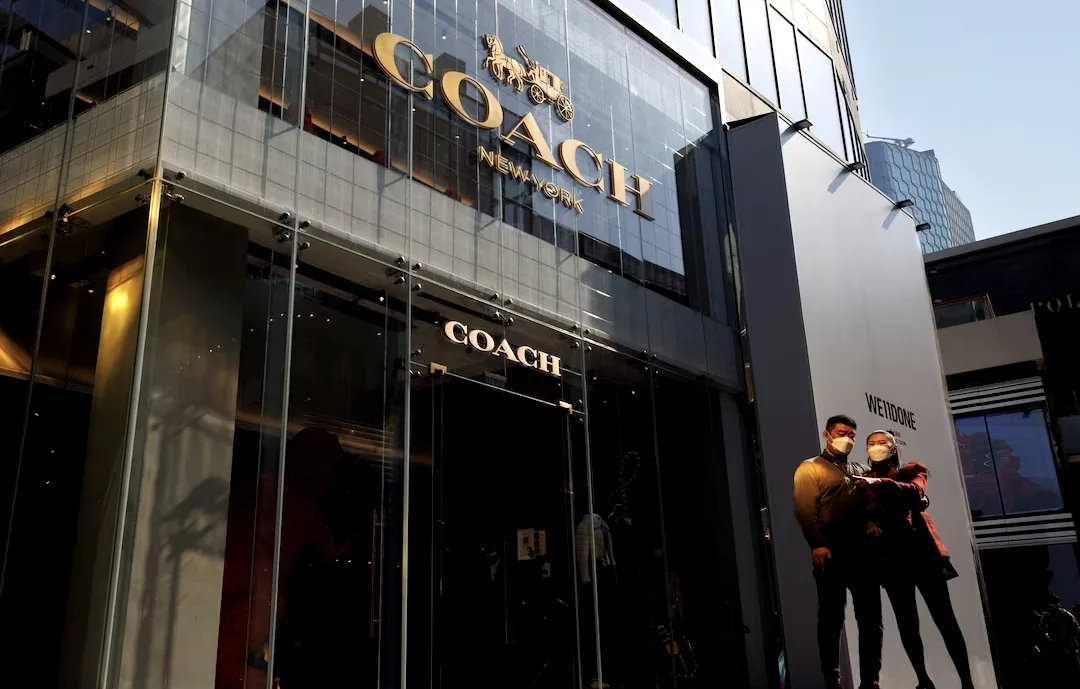Washington D.C. April 23, 2024, The Europe Today: The U.S. Federal Trade Commission (FTC) initiated legal action on Monday to block Tapestry’s proposed $8.5 billion acquisition of Capri Holdings, the owner of Michael Kors, citing concerns over potential anticompetitive impacts on the luxury handbag market.
In a statement, the FTC expressed apprehension that the merger between Tapestry, the parent company of Coach, and Capri would eliminate direct competition between their flagship brands, leading to adverse effects on consumer choice, pricing, innovation, and employee conditions.
The commission emphasized that the merger, which would consolidate approximately 33,000 employees globally, could potentially result in reduced wages and employee benefits within the luxury fashion industry.
“The proposed merger poses a significant risk of depriving millions of American consumers of the competitive benefits derived from Tapestry and Capri’s head-to-head competition,” stated the FTC.
FTC’s legal challenge against this high-profile fashion merger signifies a notable development in antitrust regulation, potentially setting a precedent for evaluating luxury sector consolidations, as per assessments by several antitrust legal practitioners.
Tapestry’s CEO, Joanne Crevoiserat, refuted the FTC’s assertions, highlighting the company’s commitment to providing competitive wages and benefits. Crevoiserat argued that the FTC’s stance reflects a misunderstanding of market dynamics and consumer behavior in the modern fashion landscape.
Antitrust experts underscored the fragmented nature of the U.S. luxury market, emphasizing the robust competition among established and emerging brands, challenging the FTC’s characterization of a “unique market” within the luxury segment.
“The FTC’s decision to litigate is surprising given the substantial competition present in the fashion, apparel, and accessories space,” remarked Howard Hogan, chair of the fashion, retail, and consumer practice at Gibson Dunn.
The FTC’s approach, incorporating labor market considerations, aligns with revised federal merger guidelines issued in December, emphasizing the potential impact on workers’ wages and employment conditions as legitimate grounds for challenging mergers.
Tapestry’s proposed acquisition of Capri, announced in August, aimed to create a formidable U.S. fashion conglomerate capable of competing with prominent European luxury groups. However, the FTC’s intervention underscores ongoing regulatory scrutiny surrounding this transaction.
Capri Holdings expressed strong disagreement with the FTC’s legal challenge, asserting that market dynamics belie the government’s concerns regarding competition constraints resulting from the proposed merger.
While the deal has received regulatory clearance from the European Union and Japan, Tapestry and Capri continue to face hurdles in the U.S. regulatory landscape, with investors exhibiting skepticism despite expectations of the deal’s completion before the August 10 deadline.
Capri’s stock closed at $37.96 on Monday, significantly below Tapestry’s offer price of $57 per share, underscoring investor uncertainty surrounding the acquisition’s potential outcome.
The legal dispute between the FTC and Tapestry highlights broader discussions on competitive practices within the luxury fashion industry and the evolving landscape of antitrust enforcement in the United States.














